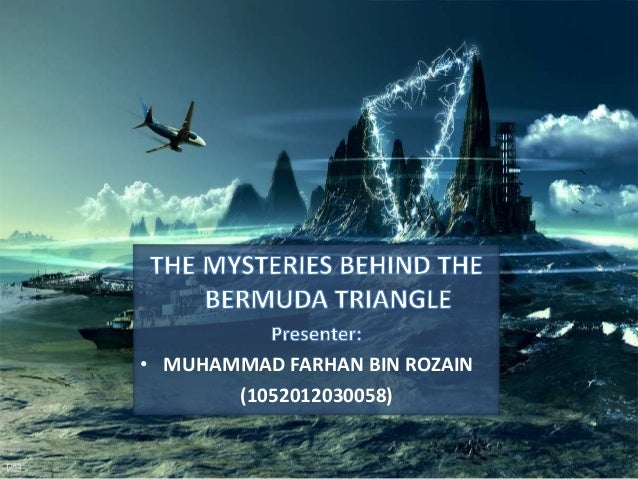We, as human beings, are on a constant journey to grasp the mysteries, uncertainties, and purpose of life. Robert L. Park, the author of Superstition: Belief in the Age of Science, presented superstitions, ideas, and claims that were unfathomably true due to the lack of knowledge and understanding of life’s entities. What is the truth and meaning of life compared to its purpose? why should we believe? who should we believe? Are just some of the natural thoughts that are sparked by curiosity. We are intrigued by the mysteries of life. We try to prove the very existence of life through facts and studies that has been concurred with up to that present day, and yet human’s tendency to belief that there is some connection between entities that we can not possibly explain at that moment in time. Park ridicules the fact that we believe supernatural and fraudulent beliefs, even when the whole idea of curiosity is to understand the truth when we are faced with uncertainties.
One of my favorite parts of the book was when Francis Galton was introduced along with his interest in the heritability of intelligence and behavior. He developed statistical methods needed to study. One of his studies that I related to was the one about twins, being a fraternal twin myself. He found that identical twins are more likely to develop similar personalities and interests than fraternal twins. While that is more known today, that information was considered ahead of his time.
Relating this book to the class was one of the easiest things I have had to do. Everything I needed to know was in the very first sentence of the book as it says, “Almost a year had passed since the tree had fallen…” in the Introduction part of the book. The crazy part about this is the day I started reading the book, the day I read that line, was the same day a tragic situation occurred to a friend of mine. That same morning, my friend’s mother was driving to work, like a typical day, until a tree fell on her car and ended her life. That kind of coincidence drove me crazy. Having this class be about superstitions and the paranormal and then have this weird timing occur caught me off guard. What are the chances that I would start the book on that same very day? The only unfortunate difference is that Robert Park, the author of the book and the person who had the tree fallen on, had survived where this amazing woman, Susan Niler, did not. If you would like to read more about the tragic event that happened to a friend of mind, you could read the news reports here.
This book is easily relatable to the outside world due to the variety of topics touched. The topics that are discussed vary from science and religion, to controversy issues like the Plan B Pill and terrorists. The book gets to a spiritual point when it talks about our soul and personal identity and the change that comes from our culture and not our genes. “It takes more than a unique strand of DNA to make a person”. (pg 82)









